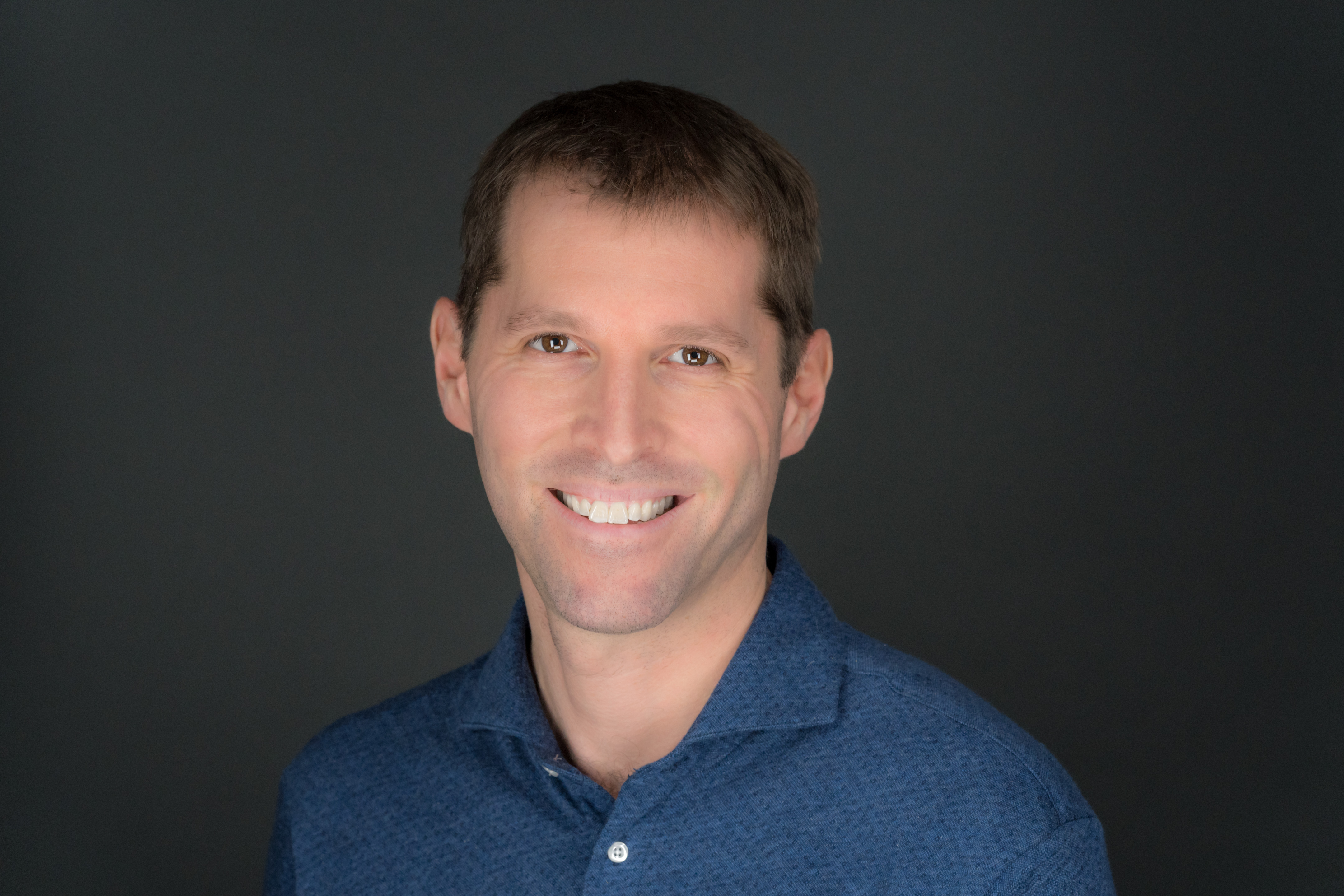As you reach higher levels of success, you often have the ability to help more people, and more people are likely to ask for your help. At the same time, you still have significant responsibilities to your family, career, close friends and community; people already depending on you to give them your time and attention.
One person can’t be all things to all people. And those that try – by saying “yes” to everything that’s asked of them – will inevitably let themselves and others down.
Warren Buffett understood this all too well when he said, “The difference between successful people and really successful people is that really successful people say no to almost everything.”
Personally, I’ve struggled to say “no” to others for most of my professional life. I’ve worried about coming off as unapproachable or, worse, that others will think I perceive myself as being more important than them in some way.
I’ve been on a journey to find a better way to say no, especially as my personal and professional responsibilities have increased. Then, last year, I listened to an episode of The Tim Ferriss Show, titled “How to Say No.”
The points he made and the advice he offered really got me thinking about how to say no in a different way. When I tested out some of Ferriss’ recommendations, I came to realize that I am actually happier and more productive when I say no to others and commit to less.
Here are three strategies, the third taken from Ferriss’ podcast episode, that have helped me get better at saying no.
1. Give Up the Guilt
When you begin to feel guilt for saying no to another person’s request, be it for a few minutes of your time, a financial contribution or help with a time-consuming project, it’s important to weigh it against the other commitments you have already made that need your full focus.
If you’re able to do both and your priorities are aligned, great. However, if saying yes to the request will mean time and attention away from something meaningful that you’ve already committed to, then saying no is the right thing to do. Someone else’s passion or priorities may not be your own, and that’s okay.
2. Know Your Core Values
I’ve written at length about the importance of having and living by core values. In addition to being building blocks for personal and professional development, something I refer to as Spiritual Capacity in my upcoming book, Elevate, they’re also guideposts for when to say yes or no to a request.
Next time you get an ask, take a moment to stop and seriously consider whether fulfilling that need speaks to your core values.
Time is both precious and limited. It’s essential to choose your commitments carefully and ensure they will move you toward what is most important to you.
3. Leverage Templates
When you decide to say no, how you choose to respond can make all the difference. In his podcast episode, Ferriss highlighted the similarities in the rejections he received when he asked successful people to contribute to one of his books.
Turns out there are some common denominators of a “good” rejection, including:
- A personal acknowledgment of the individual making the request.
- An admission of your own need to focus on other priorities given previous commitments.
- A clear statement that you cannot help in this matter.
- A note explaining that you are responding consistently in this way to all requests of this kind.
I have tried this approach and have found it to be very effective. You can find one of my templates here.
I’ve found people who get a lot of requests, tend to have a lot of templates. They might have one for declining speaking engagements, another for declining a podcast appearance, one for saying no to a meeting, etc.
Each time you field a new type of request, consider taking an extra minute to turn your response into a template. This can make it easier to say no respectfully and thoughtfully to similar future requests.
There’s great value in learning how to set limits without guilt. In the end, you might discover that saying no is the best way to say yes to something that will enable you to make your biggest contribution.
Originally published on https://www.robertglazer.com/


